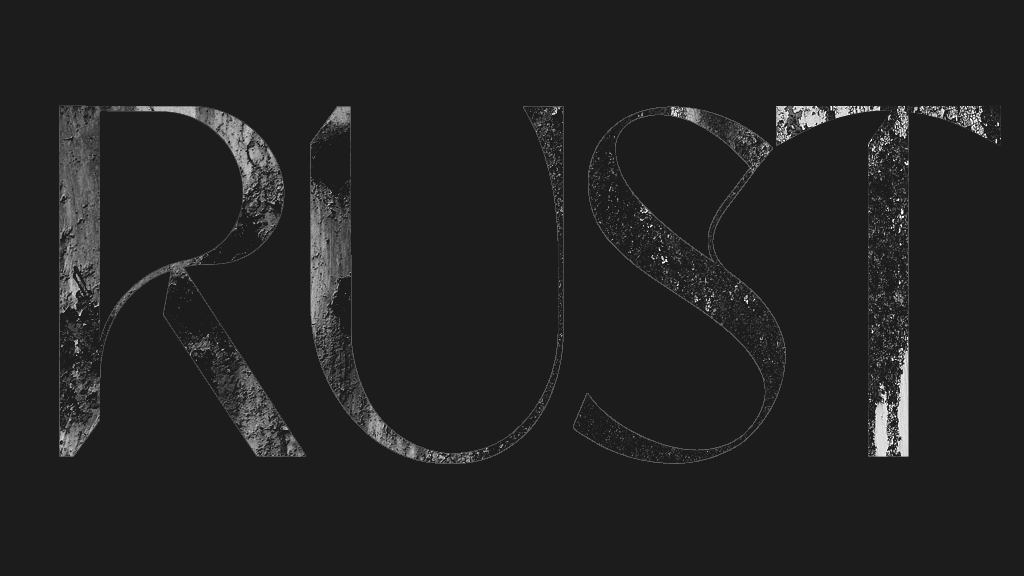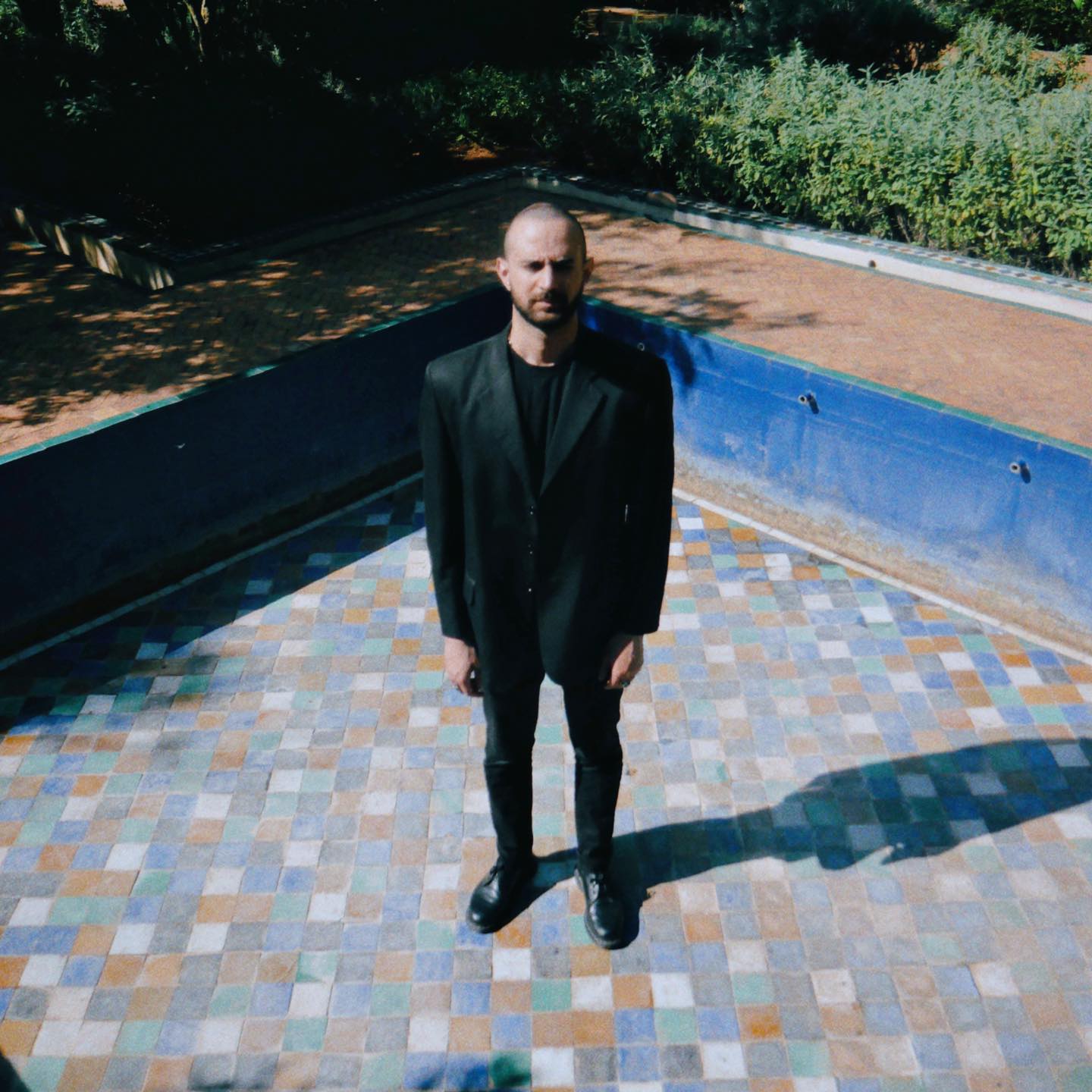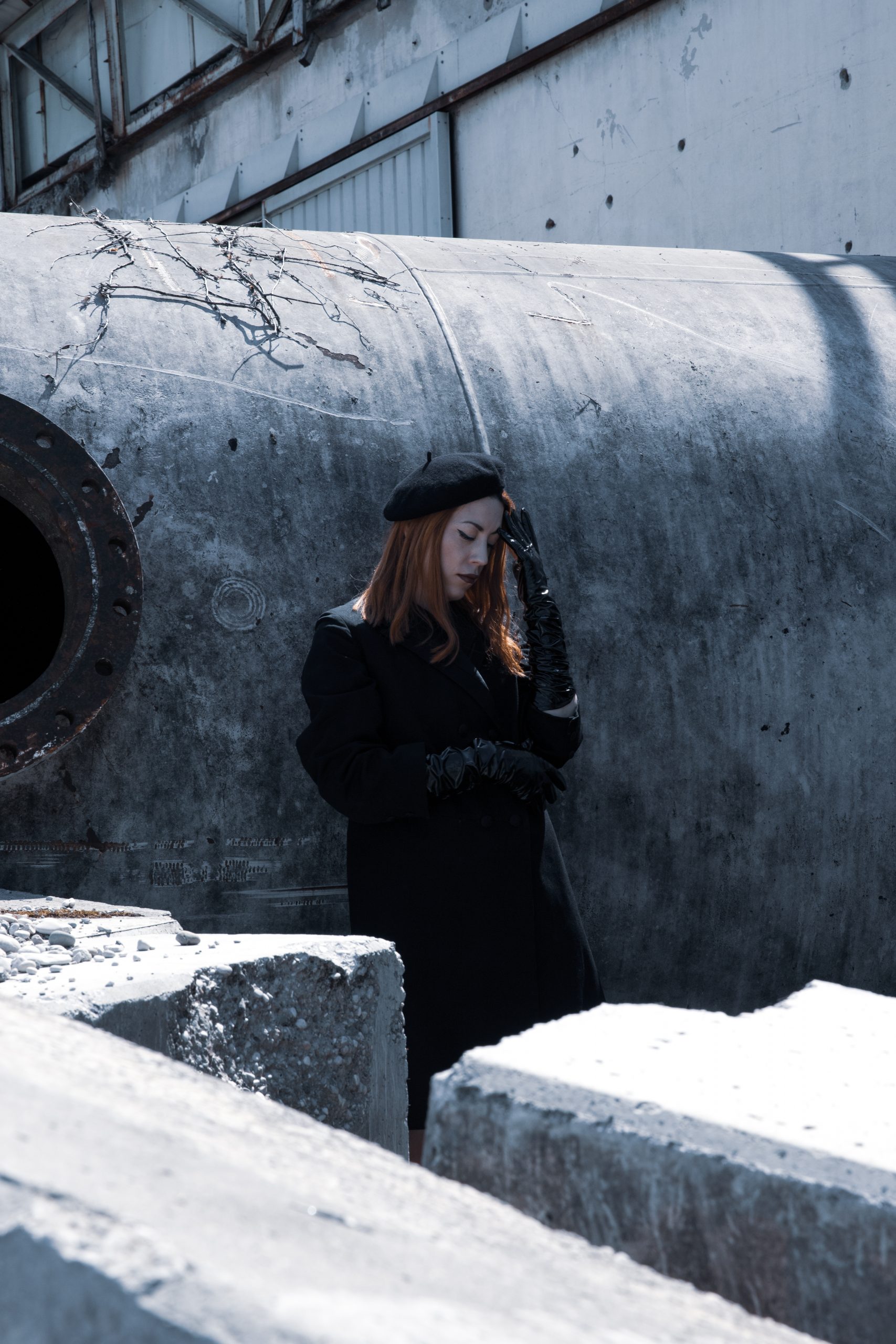Interview with Pierre Berge-Cia : music in the flesh

Pierre Berge-Cia is a French producer and DJ based in Paris. His work sits at the crossroads of industrial-inspired electronic genres, blending EBM, noise, and punk. His signature? Analog instruments, unusual field recordings, and samples pushed to saturation. With releases on numerous labels such as Primus, OBSCUUR, Vast Perception, OSF, Gwi Myeon Records, Mutant Modality, and SUBVERTED, Pierre is recognized for his meticulous compositions and his ability to weave detailed sound design into tracks built to shake the dancefloor.

To mark the release of his debut album If You Do, Then When ? on London-based label Depth.Request, Rust met with Pierre Berge-Cia on a chilly evening in early winter 2025 at a Parisian café for a one-on-one conversation about his creative process, his visceral sound world, and the importance of staying sincere in one’s artistic path.
This first album, the result of three years of experimentation and creative exploration, marks a major step in Pierre’s musical journey, highlighting his innovative approach to electronic music.Built through experimental processes and exploring themes of tension, control, and motion, If You Do, Then When ? unfolds as an intimate journey through the complexities of bodily and sensory experience. Each track is crafted to reflect the human body in all its forms, using innovative sounds and structures to evoke physicality and movement, and to resonate with the listener.

How did you get started making music ?
I used to play a lot of guitar when I was younger. I was really into bossa nova and gypsy jazz. So yeah, quite far from the industrial music world. Then I got into electronic music and became totally obsessed with experimental works, especially those of Ryuichi Sakamoto. One of the first CDs I bought was Swim by Caribou. That kind of introduced me to “dance” sounds.
At some point I drifted toward techno. Thanks to a suggestion from a streaming platform, I randomly stumbled upon Ben Klock – Subzero. There was something strange about it that immediately drew me in — the simplicity of the arrangement, that dusty, abyssal kick… I’m not sure what I liked most. But I looped that track nonstop and started digging into that sound, especially dub techno. That’s what made me start producing at home, just for fun.
Then one day, after making loops endlessly, I decided to get something mastered, just for myself. I sent my first track I was proud of — it was called Saturn. Honestly, it’s terrible, it’ll never see the light of day (laughs). I sent it to a British sound engineer, Stefan Brown, aka Lesser Of. I kept sending him stuff, and eventually he said, “Wait, this is really good. You should release an EP.”
I thought, “Why not?” He asked which labels I was into at the time. I was really into Attic Records, especially the incredible EP Hit This Ground by Conrad Van Orton. And OBSCUUR Records too, which before turning toward eurotrance was releasing some great stuff like Tim Tama vs Incident Prism or Vor Dem Roten Tore by Rommwick. So I sent a batch of 3 or 4 tracks to OBSCUUR. They replied, “We really like this. Let’s release it.” So I got to debut on my dream label. Incredible. And fun fact, I was remixed on that project by Conrad Van Orton.
What’s your relationship with other non-musical art forms?
I’m a huge fan of photography, painting, and modern art in general. Monochromes, installations… I don’t set any limits. Visual art is incredibly important in my musical work. I regret not being behind all the artwork on my past releases. I only designed the cover for my EP on OBSCUUR and my debut album on Depth.Request (If You Do, Then When ?). That one, the cover, is a reference to one of my favorite artists, Marina Abramović. I reinterpreted her performance Rest Energy. It fits perfectly with the energy I want to express in my music. Something very “body”-oriented. Her work evokes pain, the tested body, vulnerability.
When I talk about “body music,” I don’t mean it in the EBM sense. I mean it literally. I don’t compose thinking of specific emotions, but rather letting myself go with physiological sensations.
Can you explain that physiological concept further ?
When I make music, it’s all very empirical. I don’t calculate much. I think in a pretty primal way.
To me, music is a form of communication, just like speech. What I do is non-verbal communication. I’m always asking myself, “Does this sound speak to me viscerally? Does my body react?”
Tell us about your release on Depth.Request.
This project took me three years to build. I’ve never put so much into something artistic. I had a strong desire to release something I could be proud of from start to finish. I had put out lots of EPs, but without a real through-line. This time I really wanted to create a cohesive musical universe. I focused on sound design, aiming to evoke bodily tension and interpersonal dynamics.
It was really important for me to release it physically, to give form to the work. I reached out to Depth.Request and they immediately clicked with it. I admire many of their releases, from Codex Empire (under his alias Antechamber), Ryuichi Takeuchi, Katran, and of course my friend Lesser Of. This label embodies the professionalism I look for. I’m a perfectionist, and I want to work with people who care.

Is this your first vinyl release?
In 2023, I had a track with Lesser Of that came out on vinyl via SUBVERTED (All Your Nightmares Are Obscured, from the The Collective Impact VA). But yes, this is my first solo vinyl release.
You seem less active on stage than others. Is that intentional ?
Composing is a solitary activity that suits my more nerdy side. It’s the core of my artistic practice. The problem is, I’m not into networking at all. I don’t DM people. I don’t react to stories, except friends. I don’t “sell” myself. It’s just not who I am.
Yet you’ve been supported by artists like Paula Temple and Boris.
Yeah, it’s a bit paradoxical. I’ve managed to reach some amazing artists like them, even Nur Jaber, who asked me for a track for her label OSF. It’s all super flattering. But I’d really love to focus more on DJing.
DJing is when you really confront your music with the public. It’s a different kind of experimentation than in the studio.
What are your sound design techniques? What are you into right now ?
Lately, I’ve been recording a lot of my voice and my guitar. Sometimes it’s easier than synthesizing a sound or digging for a free sample. And above all, it’s deeply rewarding to have such a personal input in your music. Here’s a tip. If you have a melody in mind, just sing it. Even if you sing badly, you can always fix the pitch (laughs). A sample, no matter how rare, never gives the same satisfaction as something you’ve created yourself.
Also, I recommend buying the bare minimum in hardware or software. Mastering what you have takes time. I find it scary when I see producers with massive libraries of cracked plugins. You can’t go deep into your craft with so many tools at your fingertips.
Finally, I think we should see mixing as an aesthetic choice, not just a loudness war. Giving your tracks a sonic color is essential. The artist’s voice continues beyond the arrangement. It’s in the mix too. That’s where you recognize an artist.
Interview conducted in January 2025 (by JG )





